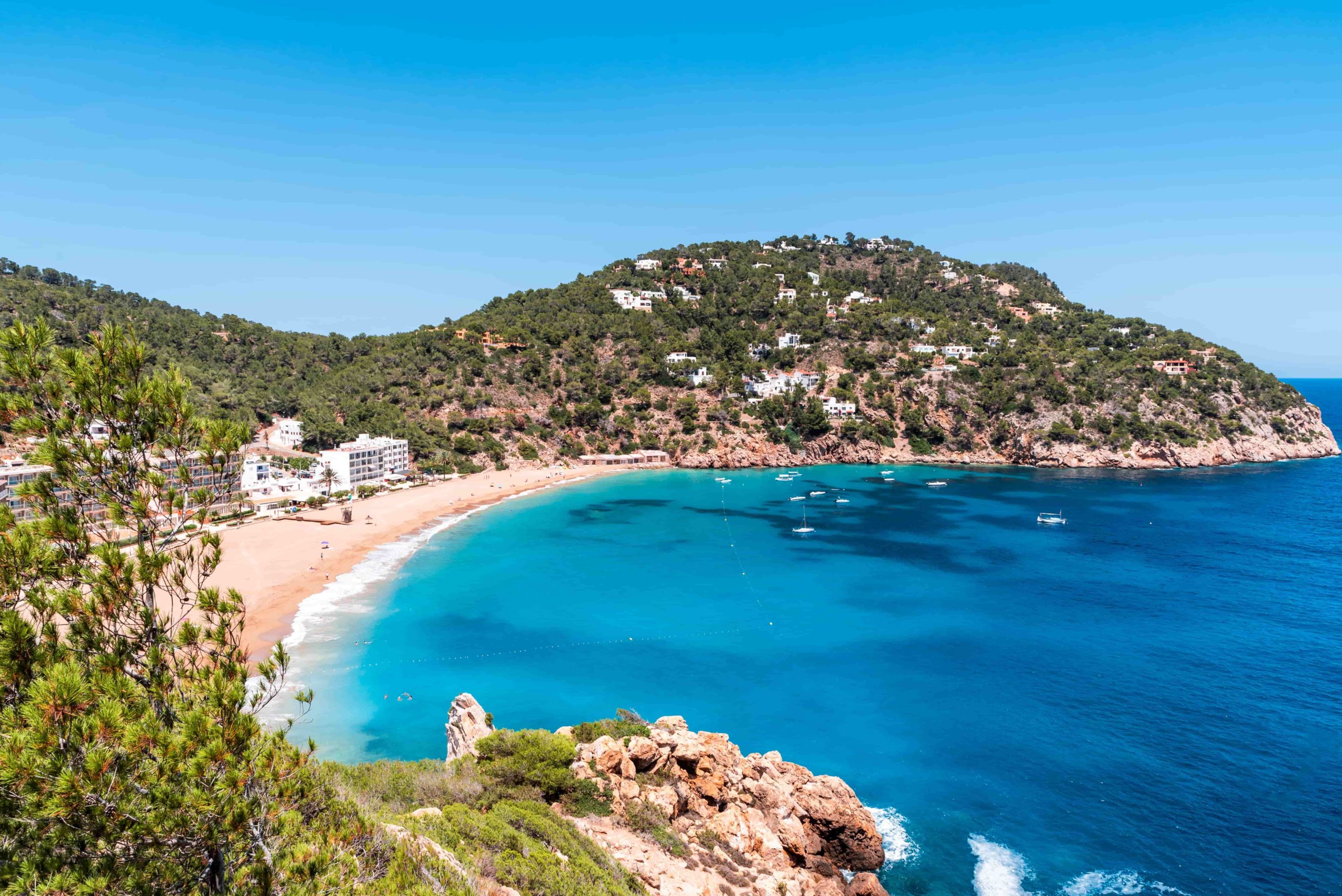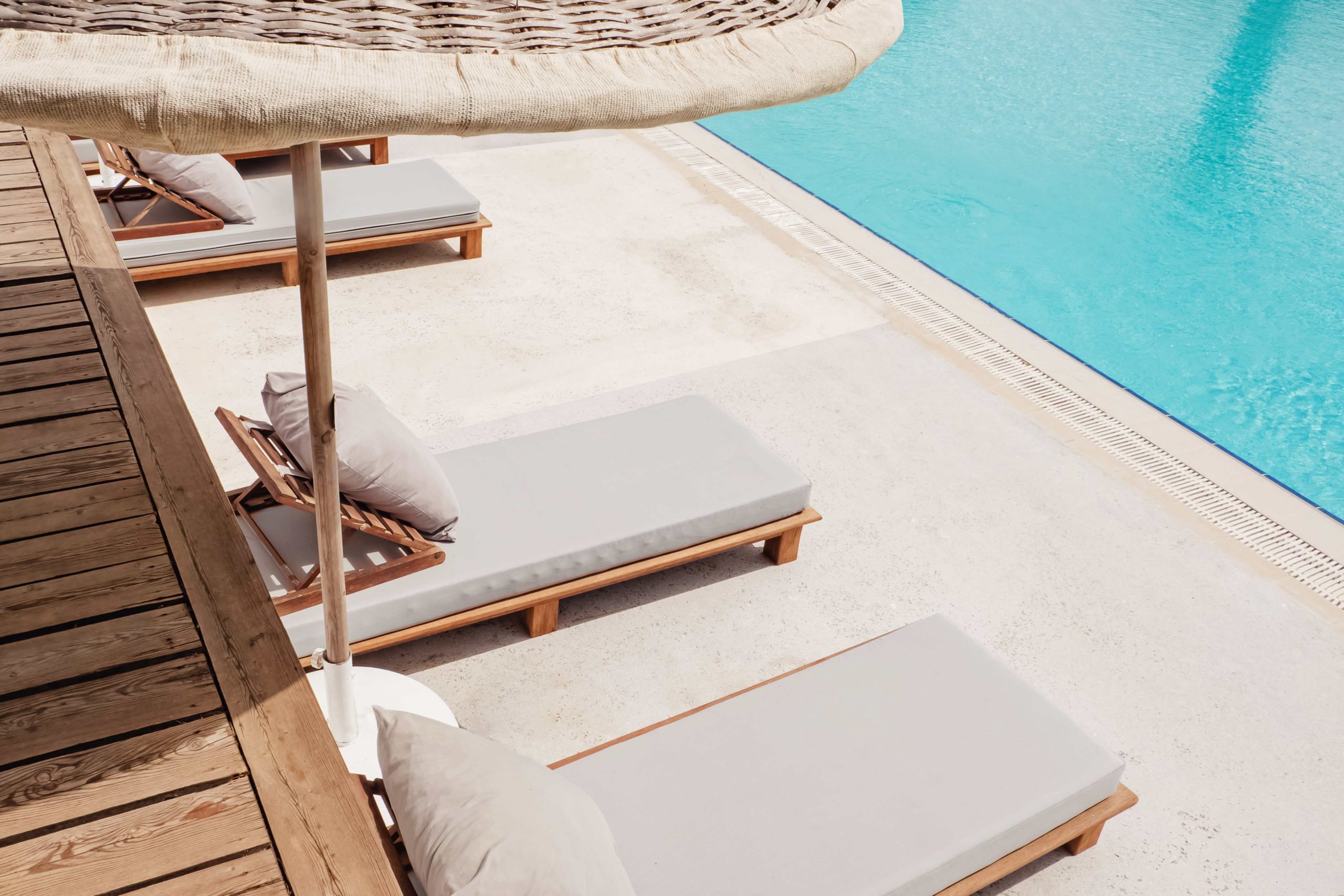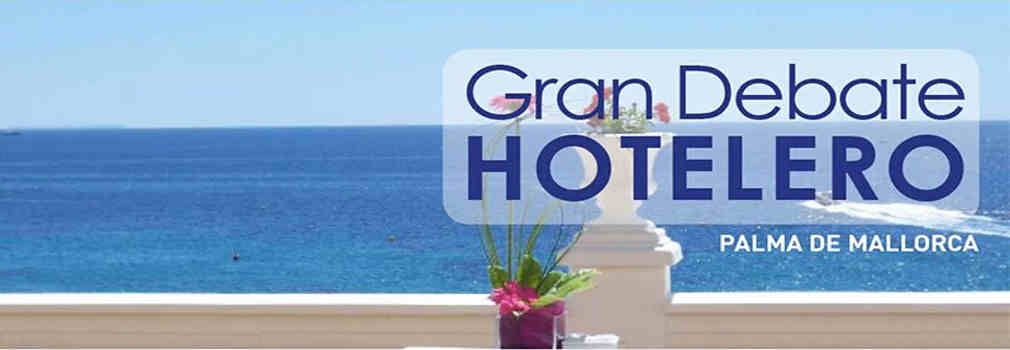the hotel factory moderated the Hotelier Great Debate on May 24th, 2016 which outlined new expansion strategies and the new demand/trends that travellers are looking for.
The Balearic Islands have always been an example of holiday tourism. For this reason, given the success and importance of this sector for the Spanish and Majorcan hostelry, last May 24, 2016, the 6th meeting of the Hotelier Great Debate took place at the Santos Nixe Palace Hotel. An event in which more than 90 assistants from the hotelier sector of the island met to get to know first-hand the new expansion strategies that the companies are carrying out and their current objectives in the market, as well as the new demand and trends that travellers are calling for, which leads to the conceptualization and repositioning of hotels.

Present and future of the hotel sector
Óscar Luis González, marketing manager at Iberostar Hotels & Resorts, initiated the debate with a presentation about how brands need to adapt to new consumers in order to capture them and ensure customer loyalty. Specifically considering that the new consumer has other alternatives to travel, is less loyal to brands, seeks the best price, location and experiences, wants richer content and is a digital native. During the presentation, González affirmed that nowadays any trip starts before the arrival to the hotel, clients want to live personalized experiences and feedback found on online websites is important to them. The Iberostar manager also remarked that customer care is important before, during and after their stay at the hotel, for companies it’s crucial to listen to these clients, because satisfied customers that have lived a positive experience can become one of the best ambassadors of the brand.
Expansion strategies for hotel companies

The first round table discussion, conducted by Miguel Salom partner and manager of the hotel consultancy the hotel factory, was dedicated to expansion strategies for hotelier companies. Jos Graven, expansion manager at Riu Hotels & Resorts and Jaime Buxó, general manager of business development at Barceló Hotels & Resorts, also took part in the discussion. Jos Graven remarked that, at the moment, Spain has various elements that makes it very attractive to investors, due to the good prospects that are expected.
Jaime Buxó stated that he considers that the most interesting touristic destinations for investors in Spain are: the Balearic Islands, Costa del Sol, Benidorm and the Canary Islands, and that international destinations such as Jamaica, Cancún, Riviera Maya and other attractive destinations with a good connectivity would also become interesting in the medium term for Spanish companies. He mentioned that the major challenges for small and medium companies that would like to expand are the need to have a unique highly defined business plan, that they are financially sound since there isn’t an immediate return on investment, and that they don’t focus on an excessive diversification. Subsequently, Jos Graven explained the main strategies of the product and growth of the company Riu Hotels & Resorts, stressing the commitment for the expansion of the company towards the Asian market with the purchase of two islands in the Maldives and the opening of a new hotel in Sri Lanka, and the commitment for urban hotels in big touristic business cities such as New York and Berlin, whose occupancy rate is high all week. He noted that the company’s growth model is based on property and self-financing. Jaime Buxó emphasized the purchase of the the Occidental Hotels & Resorts company by Barceló Hotels & Resorts and that the major strategies followed are: change from mono-brand to a multiple brand company, segmentation by hotel type and a management exploitation model backed by investment funds.

Towards a new tourism policy
The debate continued with the intervention of Inmaculada de Benito, CEO of FEHM, who claimed a tourism policy that contributes to the creation of added value and jobs, as well as contributing to a higher global competitiveness. Inmaculada also claimed a higher investment in infrastructure by public administration, greater efficiency of administration, more protection of the environment, more conversion of mature destinations, such as innovation through new projects. Highlighting the importance of a company’s ability to respond to their customers claims and improve the wellbeing of the population, and stating that the new tourist tax is perceived as a wrong measure that will harm competitiveness of the Balearic Islands as a touristic destination.

Strategies to increase a hotel’s attraction power
The second round table discussion was conducted by partner and manager at the hotel factory, Bernat Cañellas. It was dedicated to strategies used by hotel chains to increase a hotel’s attraction power, discussed by Sergio Zertuche, Sales & Marketing Vice President at Grupo Palladium, Gabriel Llobera, executive vice president of Garden Hotels, Elena de la Torre Díaz, Sales & Marketing Manager at the Melia Hotels International and Rafael de Jorge, Marketing Manager at Ona Hotels. Conceptualization and repositioning as a lever to make hotel refurbishments profitable was one of the main topics of the debate, they mentioned the need to differentiate as a survival strategy as well as to increase profitability in RevPAR and GOP, to capture new niches in the market offering relevant products and giving the customer the opportunity to be the main character of a story.
Subsequently, an interesting debate about the uses of online reputation was initiated, which include the use of this tool to identify and prioritize the most valued attributes for the target client. The importance of defining a strategy from beginning to end to be able to monitor how the client is feeling at all times was highlighted. The increasing number of operational difficulties due to new types of rooms that are arising, leading to the enlargement of the rooms portfolio with its naming corresponding the experience that each room offers and activities that are included with it. To end the debate, cross-selling and upselling was discussed, remarking that these processes start from the moment in which the client books their stay, depending on what channel used and on the information known about the client, all of which involves using big data.

Later there was a moment for questions by the assistants. The Hotelier Great Debate was organized by Grupo Vía and moderated by the hotel factory, supported by Tarkett, El Corte Inglés, URSA, Grohe, Tesa and Keraben. In collaboration with Vía Hotel, Hotel Santos Nixe Palace, Ashotel and the Spanish Association of Hotel Managers.










